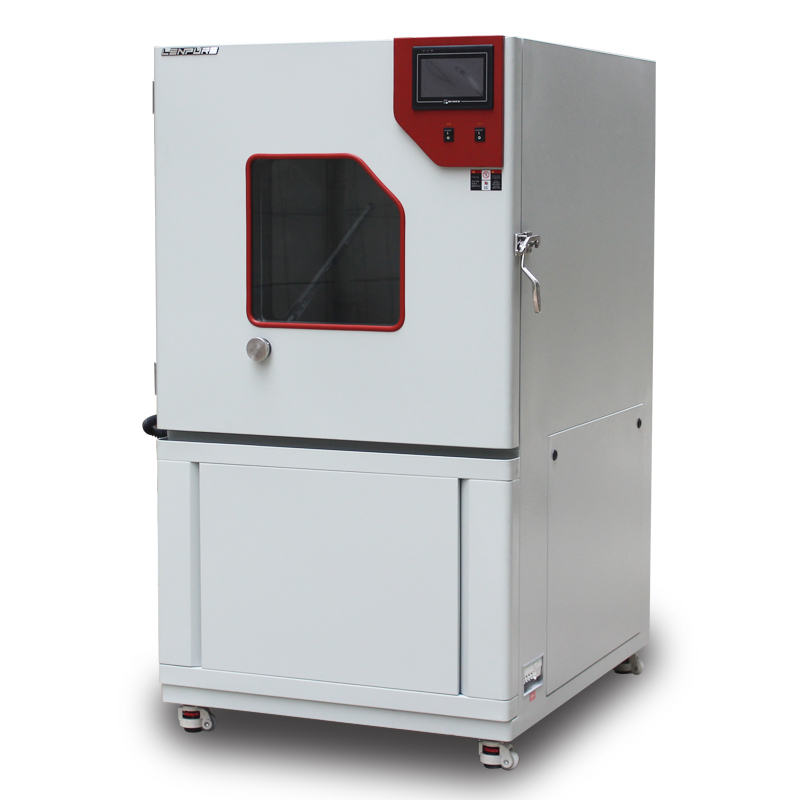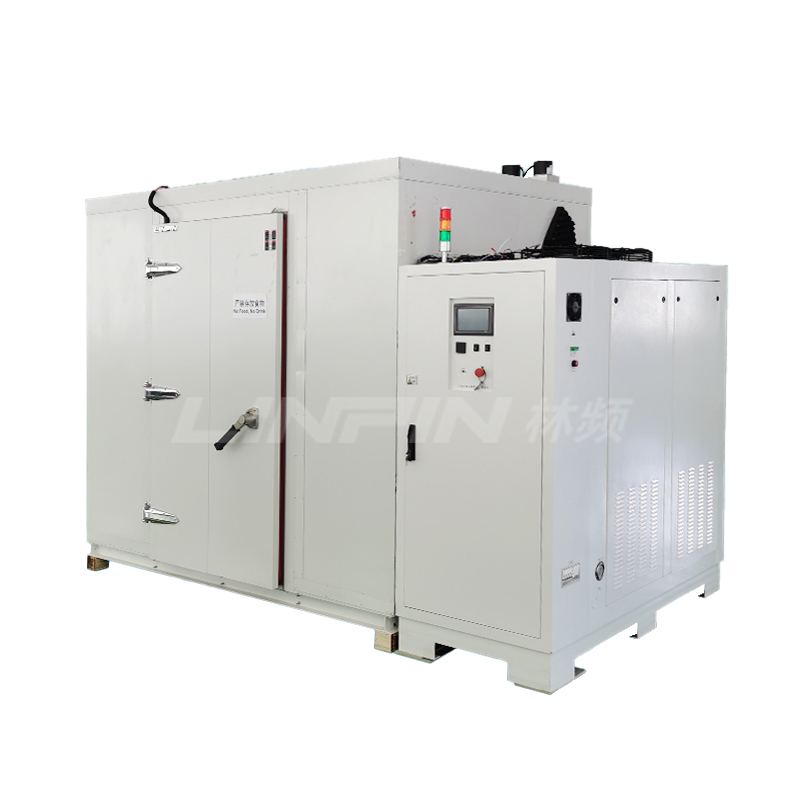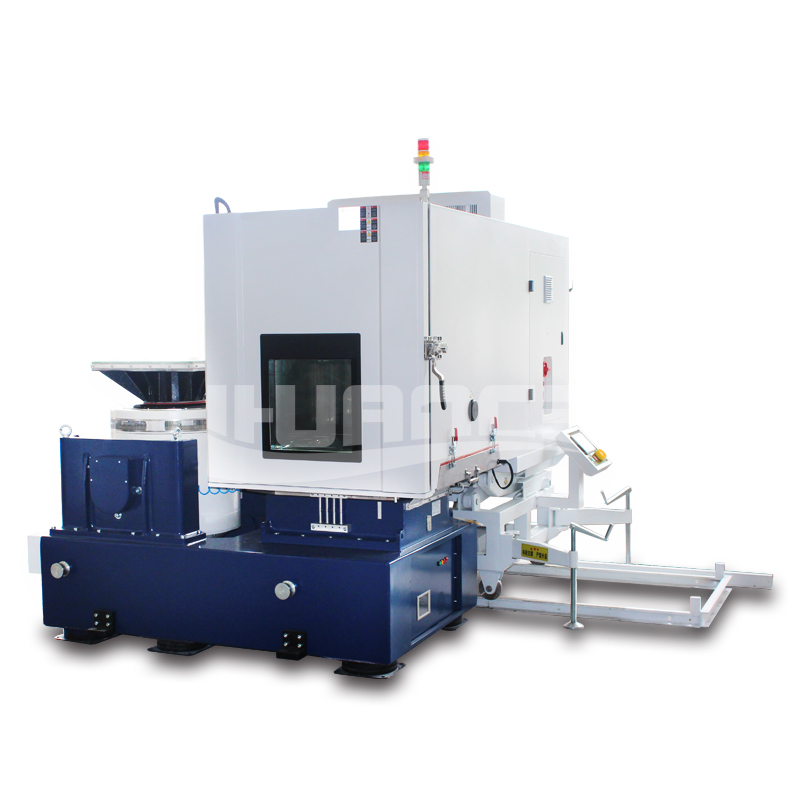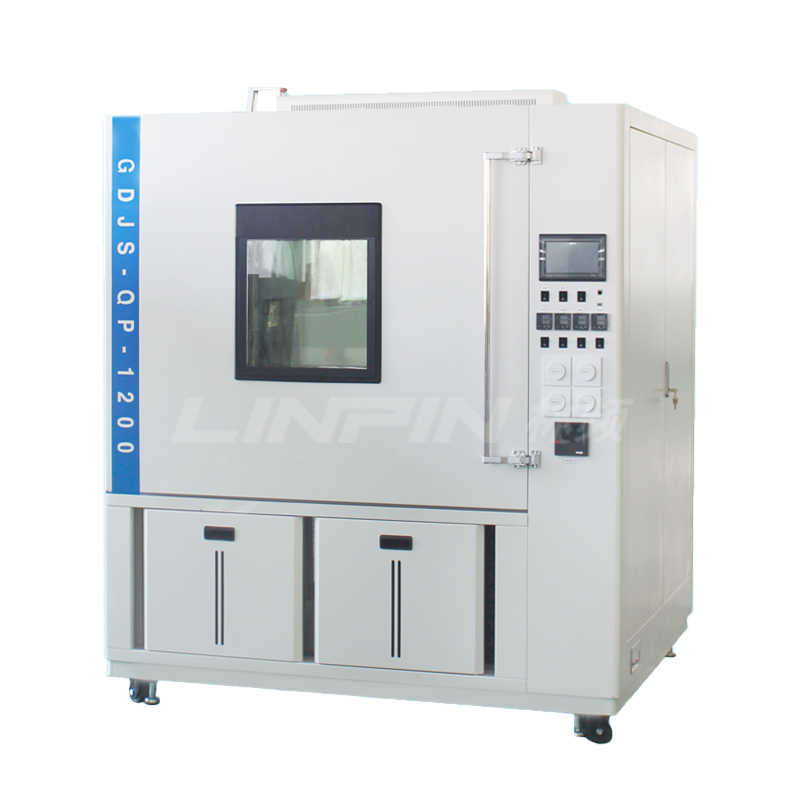Thermal Shock Testing Chamber for Lithium-Ion Battery Testing
Author:LINPIN Update Time:2025-06-09 Source:LINPINWith the widespread adoption of electric vehicles and portable devices, lithium-ion batteries have become widely used in various fields due to their high energy density and performance. However, lithium-ion batteries may be affected by various environmental and operational conditions during use, such as high temperatures, low temperatures, and humidity, which can impact their performance and safety.
To ensure the safety and reliability of lithium-ion batteries, various tests are required, including thermal shock testing. A thermal shock testing chamber is a specialized device designed to simulate the performance of lithium-ion batteries under extreme temperature conditions. By placing the battery in the thermal shock testing chamber, it is possible to evaluate the battery's resistance to cold and heat by simulating its performance under extreme temperature conditions.
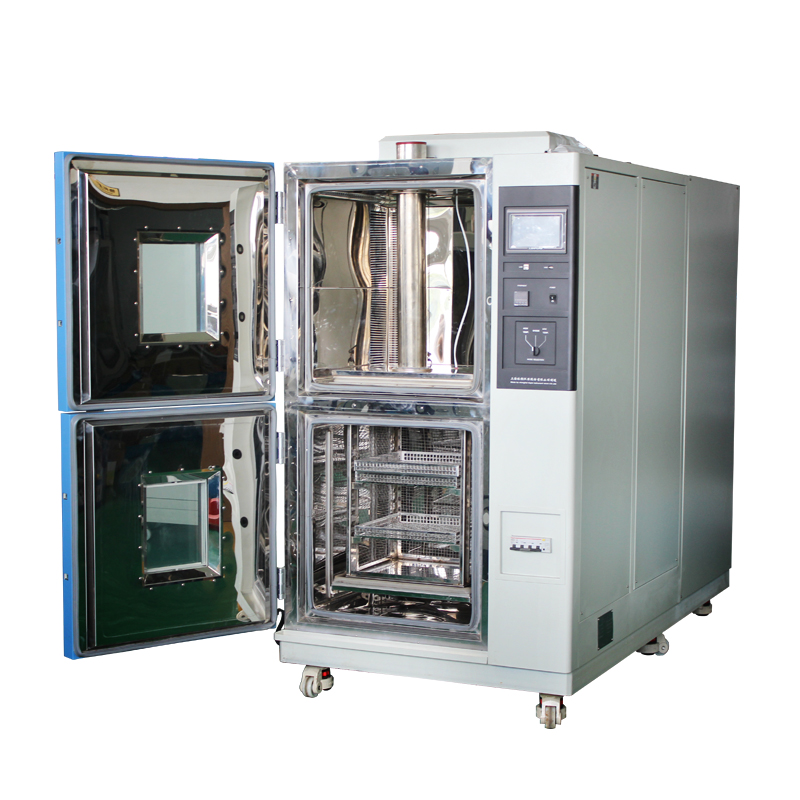
In the thermal shock testing chamber, the battery undergoes rapid temperature changes, such as quickly heating from a low temperature of -40°C to a high temperature of 60°C, and then rapidly cooling back to -40°C. These abrupt temperature variations simulate the battery's usage in extreme temperature environments, allowing for an assessment of its performance and safety under such conditions.
By testing lithium-ion batteries in a thermal shock testing chamber, manufacturers and users can evaluate the battery's performance under extreme temperature conditions, identify potential issues and risks, and provide a basis for improvements in production and usage. This ensures that lithium-ion batteries can operate safely and reliably under various environmental conditions, enhancing their performance and lifespan while safeguarding user safety and interests.
Thermal shock testing for lithium-ion batteries is crucial, as it helps manufacturers and users assess battery performance under extreme temperature conditions, ensuring safety and reliability while advancing the progress and development of lithium-ion battery technology.

